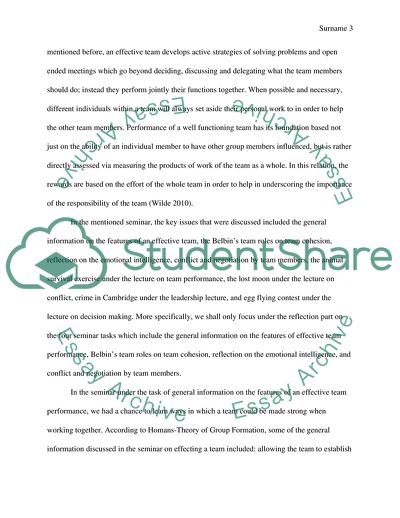Cite this document
(Effective Team and Performance Coursework Example | Topics and Well Written Essays - 2500 words, n.d.)
Effective Team and Performance Coursework Example | Topics and Well Written Essays - 2500 words. https://studentshare.org/human-resources/1774399-effective-team-and-performance
Effective Team and Performance Coursework Example | Topics and Well Written Essays - 2500 words. https://studentshare.org/human-resources/1774399-effective-team-and-performance
(Effective Team and Performance Coursework Example | Topics and Well Written Essays - 2500 Words)
Effective Team and Performance Coursework Example | Topics and Well Written Essays - 2500 Words. https://studentshare.org/human-resources/1774399-effective-team-and-performance.
Effective Team and Performance Coursework Example | Topics and Well Written Essays - 2500 Words. https://studentshare.org/human-resources/1774399-effective-team-and-performance.
“Effective Team and Performance Coursework Example | Topics and Well Written Essays - 2500 Words”. https://studentshare.org/human-resources/1774399-effective-team-and-performance.


